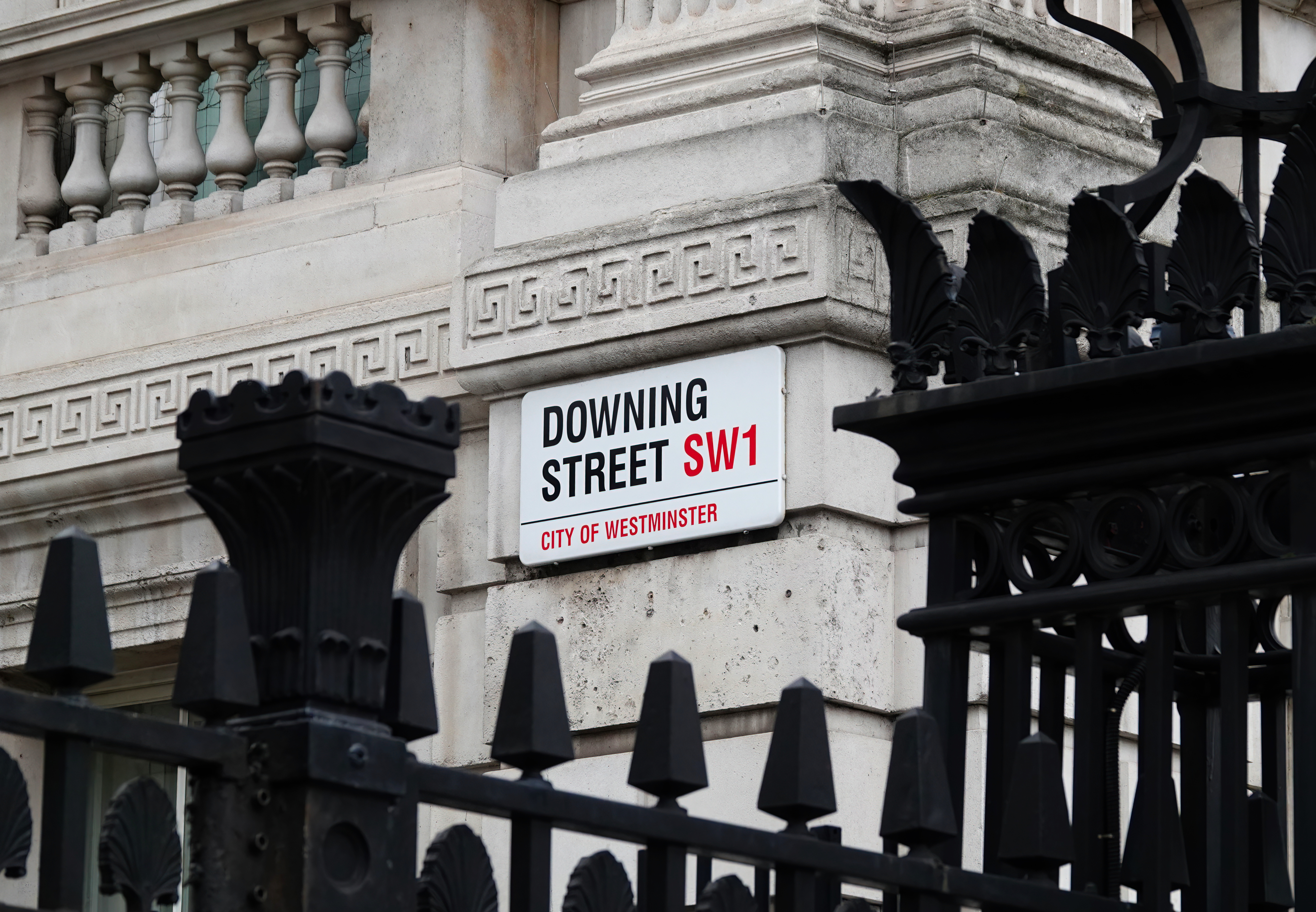The government has opened consultations on sweeping reforms described by commentators as the
most significant adjustments to how homes are bought and sold in modern British history.
If enacted, these changes could “rewire a chaotic system which has become a barrier to homeownership.” Such reforms would ripple across every market — but in London, where complexity, regulation, and high values multiply the stakes, their impact could be profound.
While the full details remain behind a paywall, the public outline already suggests a bold attempt to modernise, streamline, and rebalance the system. Here’s what is known so far — and what London stakeholders should be watching closely.
What the Proposed Shake-up Includes
Some of the major areas under consultation include:
Rewriting Transaction Responsibilities
The reforms aim to shift certain transaction costs or burdens (such as conveyancing or legal complexity) away from buyers, reducing the upfront barriers to moving home.
Digital & Standardised Process Architecture
A push toward a more consistent, digital first process is on the table, seeking to replace bespoke legal handling with common frameworks. The idea is to reduce delays, disputes, and variance in transaction timelines.
Enhanced Guarantee & Certainty Measures
Reinforcing protections around conditional offers, “gazumping,” and deposit risk could bring greater certainty and reduce failed transactions — problems that still plague the London market.
First-Time Buyers & Affordability Support
Some proposals may focus on easing access for first-time buyers via lower transactional friction, more transparent costs, and perhaps new mechanisms to aid deposit financing.
Regulation of Conveyancers and Agents
Part of the shake-up may involve stricter oversight of conveyancers and estate agents, with clearer roles, accountability, and standard processes expected to be enforced across the board.
London Implications: What Could Change in the Capital
Reduced Barriers, Increased Activity
If some costs and procedural friction are shifted off buyers’ shoulders, more Londoners who have sat on the sidelines for years might be able to re-enter the market. In a city where transaction costs are steep, that change could unlock pent-up demand.
Faster, Safer Deals
London’s premium property deals often involve complex title issues, leasehold quirks, and multiple parties. A standardized digital process could cut delays and reduce legal friction — provided existing rights, covenants, and local complexities are adapted into the system.
Pressure on Pricing Strategies
Sellers may need to adjust expectations if buyer negotiating power improves. In high-value boroughs with many luxury homes, pricing may become more finely calibrated to transaction costs and process certainty.
Disruption for Advisors & Legal Specialists
Conveyancers, property lawyers, and agents who rely on bespoke negotiation may see parts of their roles reshaped. In London especially, expertise will still matter — but the mode in which it is delivered may evolve.
Transitional Complexity & Market Uncertainty
As new rules roll out, mixed regulatory regimes may temporarily coexist — especially in London’s many legacy leasehold and complex tenure arrangements. This could heighten caution in deals until clarity emerges.
Winkworth’s Perspective
If these proposals succeed, they could catalyse one of the most significant milestones in Britain’s housing market legacy — and London will naturally feel the strongest tremors. For owners, buyers, developers, and advisors alike, the task ahead is to stay informed, stress-test assumptions, and plan for multiple outcomes.
At Winkworth, our London offices are closely monitoring this process, preparing for different scenarios and refining strategies. Whether you aim to buy, sell or hold property in the capital, we’re ready to guide you through whichever version of the “new system” emerges.



